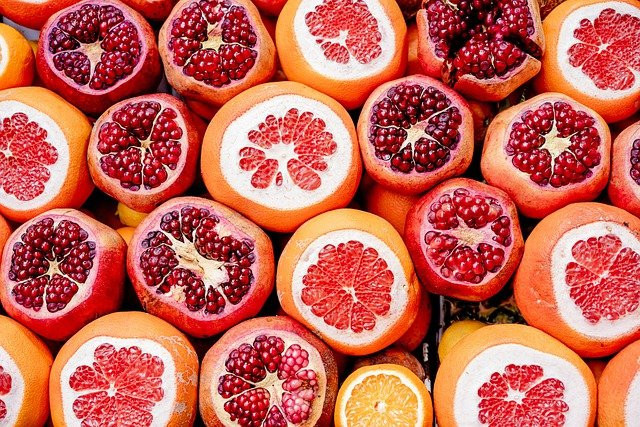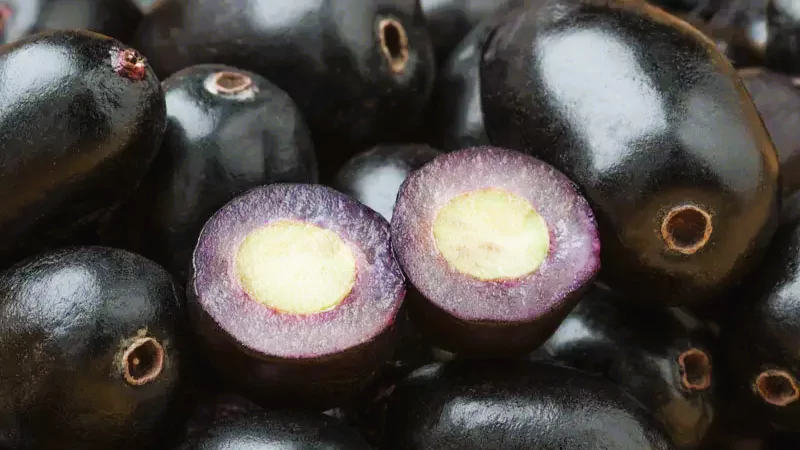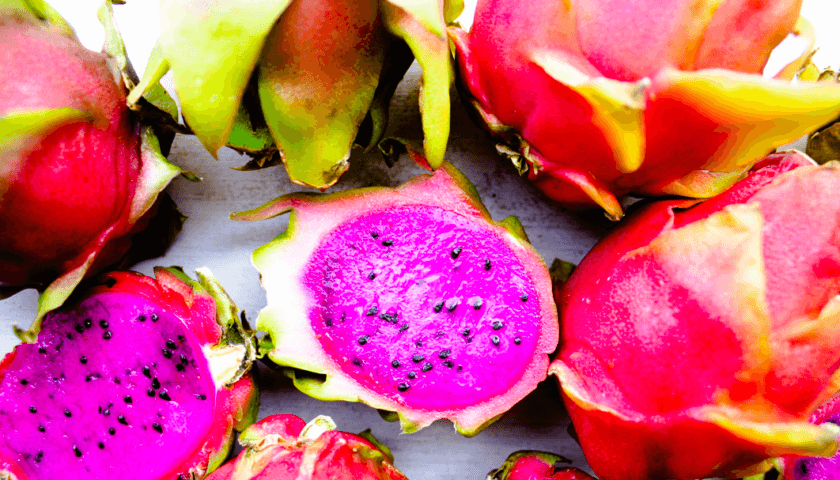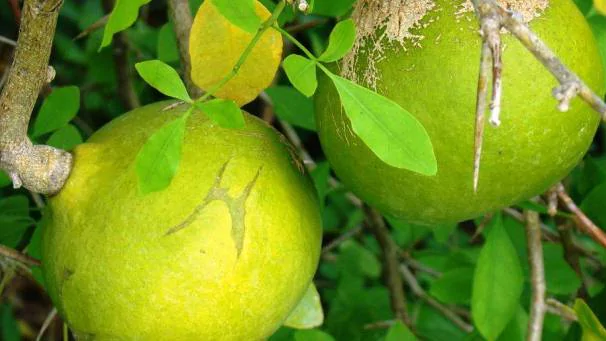Pomegranate Fruits
Pomegranate, (Punica granatum), a shrub or small tree of the family Lythraceae and its fruit. The sweet arils of the fresh fruit are eaten and the juice is the source of grenadine syrup, which is used to flavor wine. Pomegranate is rich in dietary fiber, folic acid, vitamin C and vitamin K.
The best time to plant pomegranate seeds
Pomegranate seeds, like other trees, are planted in spring (between March and June).
Plant them in winter (between December and March) if the soil is frozen or if your climate is very cold, but avoid planting them in summer (between June and September) when the heat will stress the plant.
Nutrition facts in Pomegranate
Pomegranate is a nutritious fruit with a unique taste and flavor and many health-promoting properties. It is a nutritious ruby fruit that can be a great addition to rice, meat, wine or salads. This delicious fruit provides important minerals and vitamins such as copper and vitamin C, although it is high in fiber.
Like many other fruits, pomegranate is low in sodium and fat. Although removing the arils from the fruit is laborious, every effort is worth it for the pomegranate’s antioxidants and flavor. Although the fruit is mainly grown in the United States, Africa and India, pomegranate is becoming more and more popular all over the world.

Health Advantages of Pomegranate
Helps fight prostate cancer
Prostate cancer is one of the most common cancers in men.
Pomegranate extract has been shown in laboratory experiments to reduce the production of cancer cells and even induce apoptosis, or cell death, in cancer cells. Prostate-specific antigen (PSA) is a blood marker for prostate cancer.
Prostate cancer can kill men whose PSA doubles in a short period of time. In a human study, drinking 8 ounces (237 ml) of pomegranate juice per day increased the PSA doubling time from 15 months to 54 months, which is a significant increase.
Protects against oxidative stress
According to the National Institutes of Health, “research continues to investigate whether vitamin C, by reducing the harmful effects of free radicals through its antioxidant activity, can to help prevent or delay the development of some cancers, heart disease and other diseases. of oxidation. stress is the cause.
Other antioxidants in pomegranates, such as quercetin and anthocyanins, help repair cell damage caused by oxidative stress.
Pomegranate can hep to Improve Memory
Pomegranate has been shown to help with weight loss in various studies.
In one test, 2 grams of pomegranate seed extract protects against safety issues after surgery in surgical patients. Another study reported that drinking 8 ounces (237 ml) of pomegranate juice per day improved verbal and visual memory scores in 28 elderly people with memory problems.
Pomegranate has also been shown to help mice resist Alzheimer’s disease.
Reduce heart problems
According to a study published in the American Journal of Clinical Nutrition, pomegranate is rich in antioxidants and can prevent the oxidation of LDL (bad) cholesterol in the body. Regular consumption of pomegranate juice can reduce atherosclerotic lesions in mice, as well as high blood pressure. For these reasons, pomegranate seeds can be cardioprotective and are good to include as part of a healthy diet. The antioxidant and anti-inflammatory properties of this fruit help prevent bad cholesterol from building up and thus help keep muscles from contracting. Reduces stomach problems
Pomegranate skin, bark and leaves are used to soothe upset stomach or diarrhea caused by any kind of digestive problems. Drinking tea made from the leaves of these fruits also helps to treat digestive problems. Due to its antioxidant properties, this fruit can help prevent ulcers according to a study published in the Journal of Ethnopharmacology. Pomegranate juice is also used to reduce problems such as dysentery and nausea.
Dental health
Pomegranate fruit is often used in mouthwash and toothpaste. This ingredient has been shown to prevent formation, decay, and prevent tooth decay. The powerful antiseptic properties of pomegranate peels are known to treat stomach, tooth and gum ulcers. In addition, the antibacterial activity of this extract reduces infections and improves the healing process.
Promotes bone health
Due to the abundance of essential minerals and bioactive compounds, pomegranate peel extract is useful in preventing osteoporosis and regenerating new bone tissue. Regular consumption of pomegranate peel tea is beneficial and avoids the risk of osteoporosis and bone fractures in postmenopausal women. In addition to this, peels rich in tannins, polyphenols and flavonoids, when taken as a food supplement, have a positive effect on bone health.
Some Facts About Pomegranate
In the form of fresh arils or juice, pomegranates are used in baking, cooking, drink mixes, food garnishes, smoothies, and alcoholic beverages, such as cocktails and wine.
Pomegranate is native to present-day Iran through Afghanistan and Pakistan to northern India, and has been reported since ancient times in the Mediterranean region. Pomegranates were introduced to Spanish America in the late 16th century in California by Spanish settlers in 1769.
The name “pomegranate” comes from the old Latin “pomum” meaning apple and “granatum” meaning fruit. The French word for grenade, “grenade”, gave its name to the military grenade.
The pomegranate tree reaches a height of 6 to 10 meters or 20 to 33 feet and has many branches. They are also very long-lived, with some species in France living up to 200 years.
Pale pomegranate exocarps have been found in the Early Bronze Age of Jericho in the West Bank, and in the Bronze Age of Hala Sultan Tekke in Cyprus and Tiryns. A large dried pomegranate was found in the tomb of Djehuty, Queen Hatsheput’s butler in Egypt.
There are over 760 varieties of pomegranate. Pomegranate dates back to 1000 BC. AD was found in Transcaucasia.
In early English, the pomegranate was called “pomegranate”.



